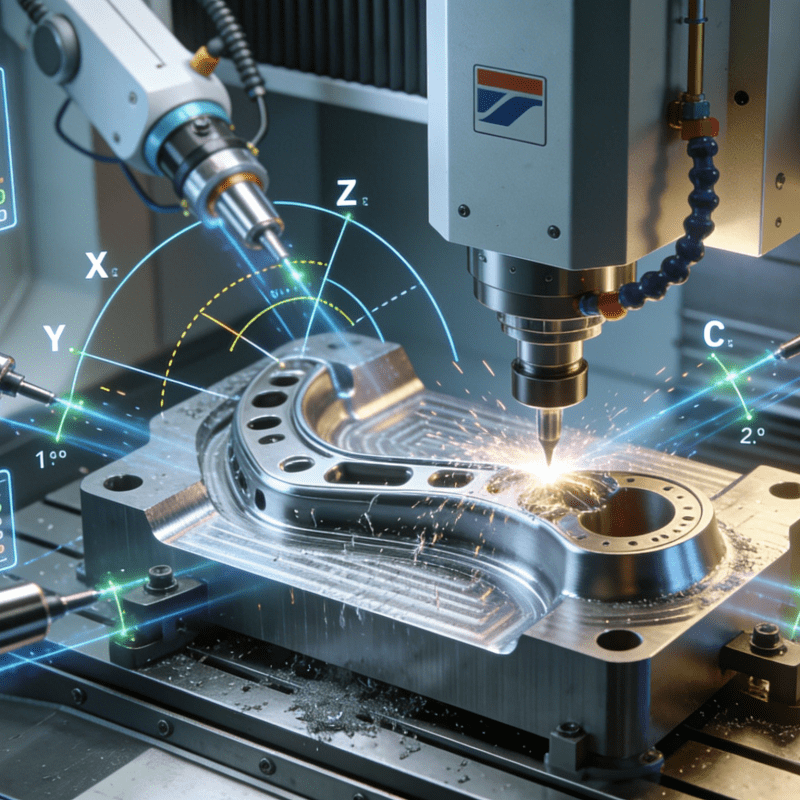Table of Contents
ToggleHow Artificial Intelligence Is Transforming Healthcare in Costa Rica: Intelligent Automation as a Lifeline for Healthcare Systems

In Costa Rica, where healthcare challenges like long wait times and resource constraints have long strained the system, intelligent automation is emerging as a critical solution. Unlike industrial automation that streamlines manufacturing, the country is leveraging AI-driven intelligent automation to revolutionize patient care—from predicting diseases to optimizing resource allocation. For a nation grappling with an aging population and rising chronic illnesses, these technologies aren’t just tools; they’re lifelines that could redefine how healthcare is delivered in resource-constrained environments.
The Costa Rican Social Security Fund (CCSS), the backbone of public healthcare, has long struggled with mismanagement and underfunding, leaving patients waiting months for appointments. Massimo Manzi, head of the Costa Rican Chamber of Health, sees intelligent automation as a way to “predict diseases, speed up diagnoses, and manage resources better.” This isn’t about replacing doctors, but equipping them with AI tools to work more effectively—much like how automation equipment enhances productivity in industries.
On the Frontlines: AI-Powered Solutions in Healthcare Delivery
At the Clorito Picado Clinic, intelligent automation is already making a difference. AI tools monitor diabetic patients by analyzing glucose levels, activity patterns, and vital signs to spot early signs of complications. This proactive approach mirrors how industrial automation systems predict machinery failures by tracking performance data, but here, it’s about preventing medical emergencies.
Private companies are also stepping in with innovative solutions. Some pharmacies now offer free AI-powered vision scans to detect diabetic retinopathy, a leading cause of blindness. These scans use machine learning to analyze eye images, identifying abnormalities that might be missed by the human eye—an example of how intelligent automation can extend healthcare access like never before.
Challenges and the Path to Ethical Automation
But integrating AI into healthcare isn’t without hurdles. Eva Cortés Carmona, Dean of Health Sciences at ULACIT, emphasizes the need for clear ethical guidelines and regulations. “We must ensure AI is used fairly, without bias, and with respect for patient privacy,” she notes. These concerns are similar to those in industrial automation, where safety and efficiency must be balanced—but in healthcare, the stakes are even higher.
Costa Rica’s aging population and rising rates of chronic diseases like diabetes and heart disease add urgency to the adoption of intelligent automation. AI can help tailor treatment plans, predict outbreaks, and even optimize hospital staffing—all critical steps to managing costs and improving care.
A Collaborative Approach to Intelligent Healthcare
Recent forums hosted by the Costa Rican Chamber of Health brought together government officials, healthcare providers, and tech companies to discuss AI integration. The goal? To build a system where intelligent automation supports doctors, rather than replacing them. This collaboration is key, as it ensures that AI solutions are designed with local needs in mind—much like how industrial automation is customized for specific manufacturing sectors.
Conclusion: A Healthier Future Through Intelligent Automation
Costa Rica’s healthcare transformation shows that intelligent automation isn’t confined to factory floors; it’s a powerful ally in healthcare systems worldwide. By integrating AI to predict illnesses, streamline diagnostics, and optimize resources, the country is proving that intelligent automation can make healthcare more accessible, efficient, and patient-centered—even in the face of long-standing challenges.
As Costa Rica continues to pioneer AI in healthcare, the lesson is clear: When intelligent automation is applied with ethical foresight and strategic planning, it has the power to heal not just patients, but entire healthcare systems. The future of healthcare in Costa Rica—and beyond—lies in harnessing these technologies to create a more resilient, responsive, and humane system for all. By treating intelligent automation as a partner rather than a panacea, Costa Rica is setting an example for how technology can transform healthcare in the developing world.




















